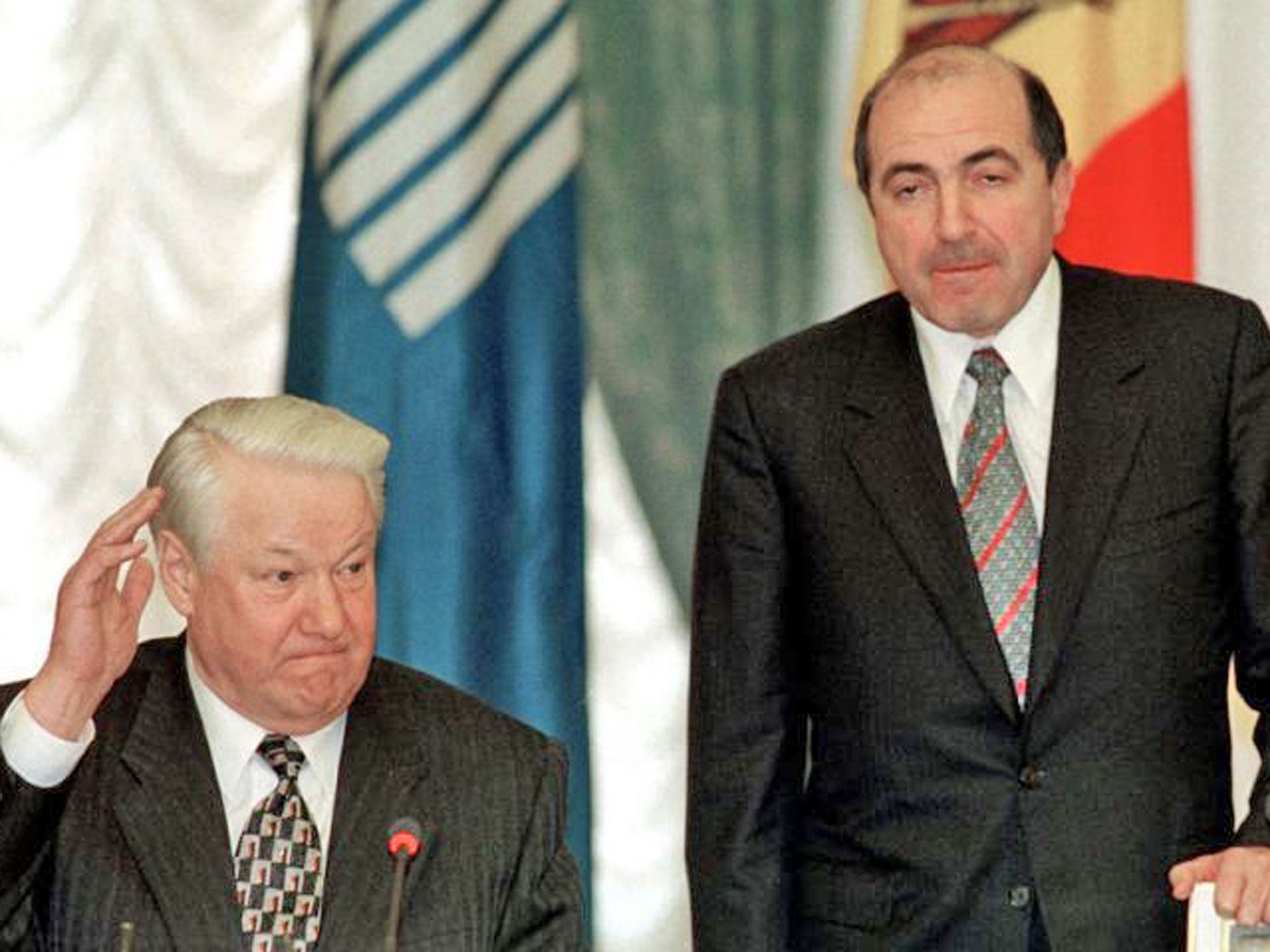Boris Berezovsky death: No sympathy for 'the ideologue of oligarchic capitalism'
View From Russia

Russian politicians and public figures shed few tears over the news of Boris Berezovsky’s sudden death this weekend, though there was an acknowledgement of the tremendous impact the controversial businessman had on the country during the tumultuous 1990s.
The term “oligarch” has come to be misused as an epithet for any Russian tycoon with a few billion in his pocket, but Mr Berezovsky was the real deal, amassing a fortune but also exercising huge control over politics in the country. “Berezovsky saw Russia like a chessboard, but one in which only he was allowed to move the pieces,” wrote the newspaper Novaya Gazeta in an editorial.
It was Mr Berezovsky who first convinced Boris Yeltsin that a little-known former KGB agent named Vladimir Putin would be the best person to safeguard the interests of the “family” around the ailing president. A popular Spitting Image-style television programme at the time portrayed Mr Berezovsky as an evil fairy, helping Mr Putin, depicted as a foulmouthed baby, put Russia under his spell. But the oligarch was surprised when his protégé morphed into an independent and tenacious political figure, and he soon fell out of favour, while the satirical puppet show was taken off air by Mr Putin.
After Mr Berezovsky’s dash to London, the fugitive oligarch was elevated to an almost cartoon-like villain status inside Russia. When prominent Kremlin critics, such as the journalist Anna Politkovskaya, or the former spy Alexander Litvinenko, were murdered, Russian officials have hinted that Mr Berezovsky was involved, as a kind of anti-Kremlin puppetmaster, pulling strings in order to “discredit Russia’s image”. It was a role that Mr Berezovsky himself appeared to relish, sponsoring dissidents, and even stating in an interview once that he was working to organise a revolution in Russia.
How much this was actually true and how much he was merely exercising his well-honed sense of hyperbole and a desire to appear important is unclear. “Berezovsky had no real role in Russian politics over the last few years,” said Moscow’s former mayor, Yuri Luzhkov in an interview. “As a politician who was able to influence the situation inside Russia, he died many years ago.”
Among current pro-Putin politicians there was little sympathy for Mr Berezovsky. “I don’t feel sorry for him one bit,” wrote Eduard Bagirov, pro-Kremlin writer, on Twitter.
Boris Nemtsov, an opposition politician, said that Mr Berezovsky was “probably a negative figure” in Russian history. “He was the ideologue of oligarchic capitalism, who brought Putin to power with his money and media support.”
